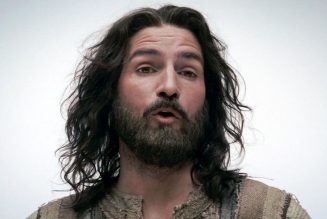That so many are still drawn by the fullness of the truth in the Catholic Church despite the present crisis is witness to her identity as “the one true fold” of Christ, and a book like John Beaumont’s offers encouragement and inspiration both to those who have already “come home to Rome,” and to those who are still on that pilgrimage of faith.
 English lawyer and author, John Beaumont is a convert collector. Having authored Roads to Rome: A Guide to Notable Converts and The Mississippi Flows into the Tiber: A Guide to Notable American Converts to the Catholic Church, he has now had published The House With a Hundred Gates: Catholic Converts Through the Ages.
English lawyer and author, John Beaumont is a convert collector. Having authored Roads to Rome: A Guide to Notable Converts and The Mississippi Flows into the Tiber: A Guide to Notable American Converts to the Catholic Church, he has now had published The House With a Hundred Gates: Catholic Converts Through the Ages.
Beaumont’s title is gleaned from G.K.Chesterton who observed, “The Church is a house with a hundred gates; and no two men enter at exactly the same angle.” Indeed. As a convert who worked for seven years with the UK-based Saint Barnabas Society (formerly the Converts’ Aid Society), I can affirm that the net of the Catholic Church is cast wide and that the variety of fish is universal. The metaphor is apt since some commentators on the Gospel story of the miraculous draft of fish in John 21 opine that the 153 fish caught in the apostles’ net is the number of known species of fish at the time, and therefore signifies the fact that every type of human being would eventually be caught up in the apostolic net and be hauled (by God’s grace) into the barque of Peter.
John Beaumont’s most recent draft of fish comes from the whole range of Protestant denomination— Pentecostals and Presbyterians, Anglicans and Agnostics, Methodists and more. He includes the famous like Newman and Chesterton and the infamous like Guy Fawkes and American gangster Dutch Schultz. For each of the converts, Mr. Beaumont relates personal background and shares the sacrifices and trials the convert experienced in his Tiber swim, but he also takes the opportunity to discuss the theological, moral, and social issues the convert faced, thus providing plenty of solid apologetic material.
Any book of Catholic convert stories not only allows the solid rock of the Catholic faith to be expounded, but it also reveals the unique attraction of the Catholic faith. People give up everything to be received into the Catholic Church in a way that they do for no other denomination, and this is bewildering and worrying for family members and friends. G.K. Chesterton observed this in his usually pithy way by saying, “No mother ever lies awake at night worrying that her son might become a Methodist.”
Converts to Christianity might give up everything to be baptized, but once in a Protestant cottage on the Christian estate they would rarely be castigated, excluded, mocked, and persecuted for moving from one cottage to another. Moving into the Catholic Church, however, is another matter. To extend the analogy, if the Protestant sects are small cottages on the country estate that is Christianity, Catholicism is the whole estate, and the Catholic Church is the Downton Abbey-type mansion that is the ancestral home.
Mr. Beaumont’s latest collection of conversion stories hammers home the unique, universal appeal of the Catholic Church, and the value of his collection is not only the variety of church backgrounds from which the converts come, but also the vastly varied intellectual and fields of expertise and accomplishment of the converts. These are not all pious, hyper religious, Bible searching theology nerds.
Collected here are actors and artists, novelists and poets, philosophers and historians, saints, scientists and statesmen, murderers, mothers and martyrs. All of them remind us of the cry of St Therese of Lisieux, “How different are the variety of ways through which the Lord leads souls!… Souls are more different than faces!”[1] In contrast, C.S.Lewis wrote, “How monotonously alike all the great tyrants and conquerors have been: how gloriously different are all the saints.”[2]
Mr. Beaumont concludes his bouquet of converts with a courageous chapter entitled “Does the Catholic Church Still Want to Make Converts?” He begins by quoting Saint John Henry Newman on the vital importance of conversion to the “one true fold” of Christ and how it could be, for many, a matter of eternal salvation or damnation.
Mr. Beaumont then proceeds to outline the current situation in the Catholic Church, cataloguing Pope Francis’ continued rejection of proselytism. Allowing for subtle distinctions between proselytism and evangelization (proselytism uses manipulation or force to transgress the individual’s innate dignity, whereas evangelization attracts the person through holy example), the author uses quotations to show that Pope Francis seems to reject all attempts to convert not just other Christians, but also those of other faiths. Bishop Robert Barron’s semi-universalism is also mentioned; and of course, if universalism is true, then Christian proselytism is not only offensive, it is un-necessary, and the Great Commission is nonsense.
That such heterodoxy and unfaithfulness to the Gospel and historic Christianity is espoused by prelates and by the pope himself is symptomatic of the dire condition of the Church in our troubled age. Mr. Beaumont quotes Ross Douthat’s 2018 book Pope Francis and the Future of Catholicism, chronicling the collapse of Catholicism in the West, the purging of Christians from the Middle East, the tsunami of Protestantism and the prosperity Gospel in Latin America, and the general weakness, corruption, and immorality in the Vatican itself.
That so many are still drawn by the fullness of the truth in the Catholic Church despite the present crisis is witness to her identity as “the one true fold” of Christ, and a book like Beaumont’s offers encouragement and inspiration both to those who have already “come home to Rome,” and to those who are still on that pilgrimage of faith.
Fr. Dwight Longenecker’s autobiography/conversion story will be published by Ignatius Press in Autumn 2023.
[1] John Clarke OCD The Story of a Soul, Washington ICS, 1976, p. 277
[2] C.S.Lewis, Mere Christianity, Harper Collins, 1995, p. 188
The Imaginative Conservative applies the principle of appreciation to the discussion of culture and politics—we approach dialogue with magnanimity rather than with mere civility. Will you help us remain a refreshing oasis in the increasingly contentious arena of modern discourse? Please consider donating now.
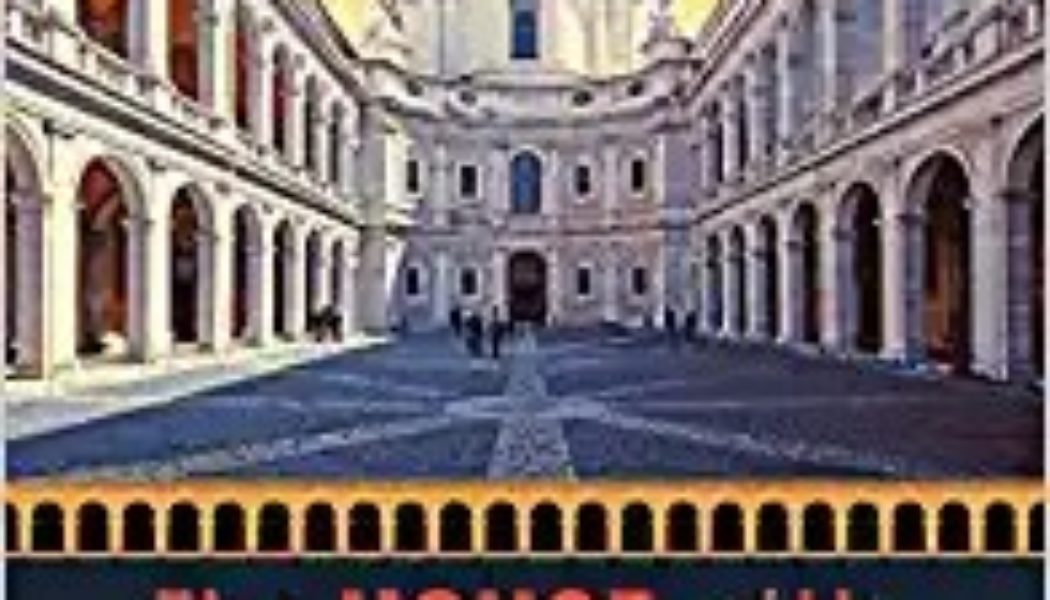






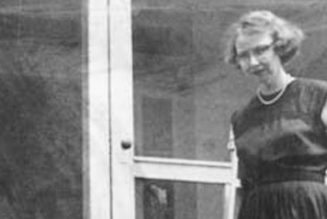
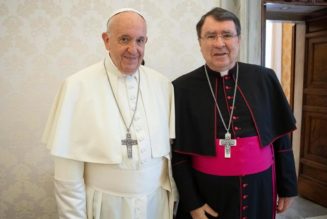
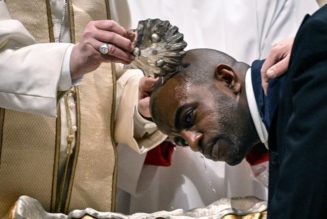
![You can’t cancel me, because I quit [WSJ paywall]…](https://salvationprosperity.net/wp-content/uploads/2023/03/you-cant-cancel-me-because-i-quit-wsj-paywall-327x219.jpg)
